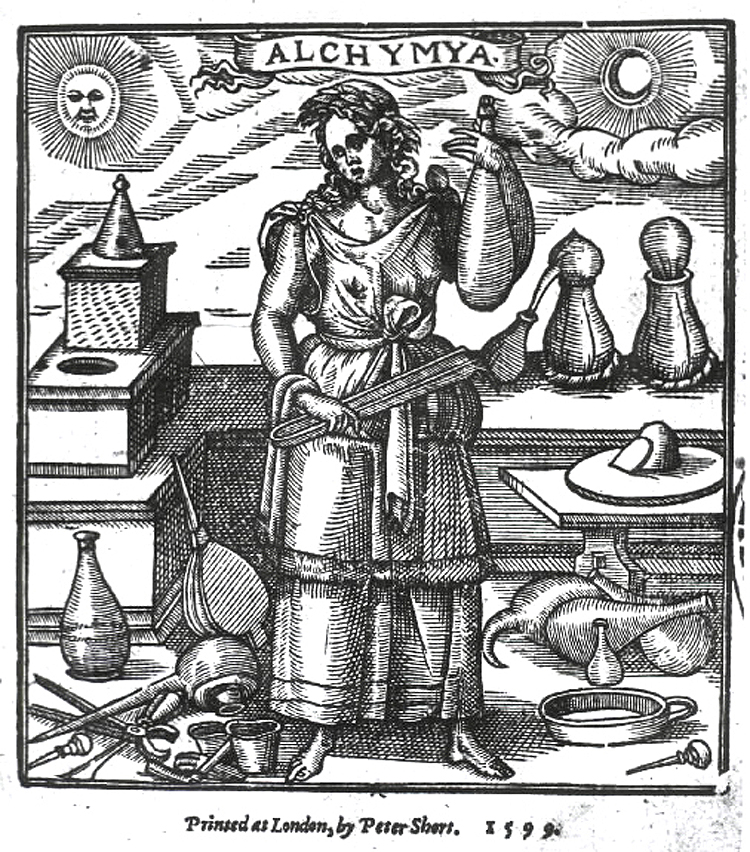
Medical imaging is a fundamental aspect of modern medicine. Images from various modalities (e.g., MRI, CT, PET) are generated and used in many different clinical settings such as the analysis of tumors and cancer treatment planning.
In North America alone, over 700 billion images are produced annually, with some procedures generating thousands of images requiring analysis. With continued investments and improvements in imaging equipment, the availability and use of imaging will continue to increase but will be met with bottlenecks due to the limited capacity of medical practitioners to process and analyze these images. This pressure is likely to create additional strain on the quality of the analysis, potentially affecting patient care and outcomes, and ultimately increasing healthcare costs.

Advances and developments in medical image analysis algorithms & machine learning will be critical in reducing the effects of the aforementioned problems. In the KIMIA lab, we conduct research to address the challenges that medical image analysis faces by using a multitude of machine learning algorithms.
The Laboratory for Knowledge Inference in Medical Image Analysis, short KIMIA Lab, established in Fall 2013 at the University of Waterloo, envisions to conduct research at the forefront of mass image data in medical archives using machine learning schemes with ultimate goal of extracting information that cannot only support a more speedy and accurate diagnosis and treatment of many diseases but also, and more significantly, establish new quality assurance based on mining of collective knowledge and wisdom.
The acronym KIMIA happens to sound like the Greek word “χυμεία” (the art of alloying metals, or alchemy). Once upon a time, scientists assumed they can find techniques to turn any metal into gold. Perhaps the gold of the 21st century would be rather buried underneath (or among) the big image data.